
Beginning with their 2003 debut album Hot Fuss, the Killers have helped set the tone for contemporary rock music aimed at a popular audience. Whereas most relevant rock acts of the past two decades could be placed under the label “alternative,” the glamorous pop-waltzes of the Killers have profited off a less cynical soundscape. They provide a caricature of the rock-star persona that is digestible to the millennial generation. The band’s biggest hit, “Mr. Brightside,” is an exaltation of insecurity, of heroic doubting and alienation—it is the coolness of twisted romanticism many listeners can identify with easily. Lead singer Brandon Flowers traces the social evolution of the ladykiller to his final form—a reversion to the styles of old, endowed obliviously with angst unfitting. If being “outside” is the norm, then being “inside” is more painful, The Killers’ latest album, Wonderful Wonderful, expands on these sentiments, but fails to create a cohesive character. The record plays like the exhausted whine of a balloon that’s lost air, sputtering in all directions until finally stopping.
On the eponymous title track, Flowers employs the persona of a messianic cult-leader rallying his flock with trembling vocals reminiscent of Jim Morrison at his most harrowing. Central to this single, as it is with so many Killers hits, is the unidentified femme-fatale—this time, she is described as innocent and oblivious to Flowers’ corrupting influence. “Keep praying for the rain / dancing for the rain with your doll by the drain / motherless child,” Flowers coos. The album’s cover piece makes a cameo as well, with lyrics like “Keep your ear to the shell,” whose symbolic importance does not go unnoticed. Propaganda, gangster preachers, flower-dancing hippie girls. Are these icons there for embellishment, or to convey some message about communications and politics?
This thematic material is present on “Run for Cover” and “Tyson vs. Douglas” in which Flowers transposes the unifying spectacle of a vaudevillian fable onto modern celebrity culture. Whereas the former deals with political scandals that have lost their relevancy, and will have difficulty provoking the average listener, the latter targets the rise and fall of Mike Tyson, an event Flowers treats with unhesitant romanticism. “When I saw him go down / I felt somebody lied,” Flowers shouts right before the chorus. Indeed, the ideal which Flowers embodies rubs against the cynicism of disbelief. The appeal is in his yearning to overcome it, to present himself as the spiffy outcast impenetrable to age and yet shook by it.
Unfortunately, these separate narratives which the Killers inject their songs with do not move past their initial formations. The Gangster Preacher appears once more on the unremarkable “The Calling,” while hints of the optimistic ladykiller grow trite by the album’s ending. More enduring to the Killers’ overall discography is the heroic struggle of shame, and embarrassment, which comes to an unsatisfying and exhausted conclusion on this record. Flowers’ ladykiller does not exist without the modern interference of a rejection that exceeds the humbled loneliness, and singularity, of their classic-rock influences. Shame must be glamorous, exuberant, a stadium-rock anthem on par with U2’s biggest radio-singles. But on tracks like “Out of My Mind,” whose sound is relaxed and less charged with tension, Flowers asks that his love interest just “dropkick the shame” and forget it. His “back to back with Springsteen” doesn’t impress, either—she merely turns and rolls her eyes. We have less reason to pity Flowers than be angered by his reaction.
The album is cohesively structured, and rarely loses its track or focus, though this artistic choice injures the overall product more than would a few detours for experimentation. Wonderful Wonderful is radically safe—the music is fitting, but not to the extent that it recognizes its lyrical fallacies. That this character has been worn out, died to some capacity, doesn’t prohibit Flowers and company from dancing with the corpse. The constant onslaught of synth-textured climaxes leaves the audience little breathing room to appreciate what makes them triumphant. The whole event becomes artificial, an impact lessened by the force it carries.
Wonderful Wonderful is good ’80s-flavored pop-rock for those seeking some New Wave nostalgia—but in attempting to revitalize the energy that made their biggest hits so endearing, the Killers become entangled in a slew of narratives drained of all emotional resonance. It is not to say they have misunderstood their success, but rather been unable to do it justice, to apply it to a musical landscape in which their final ladykiller has been abandoned.
Featured Image by Island Records


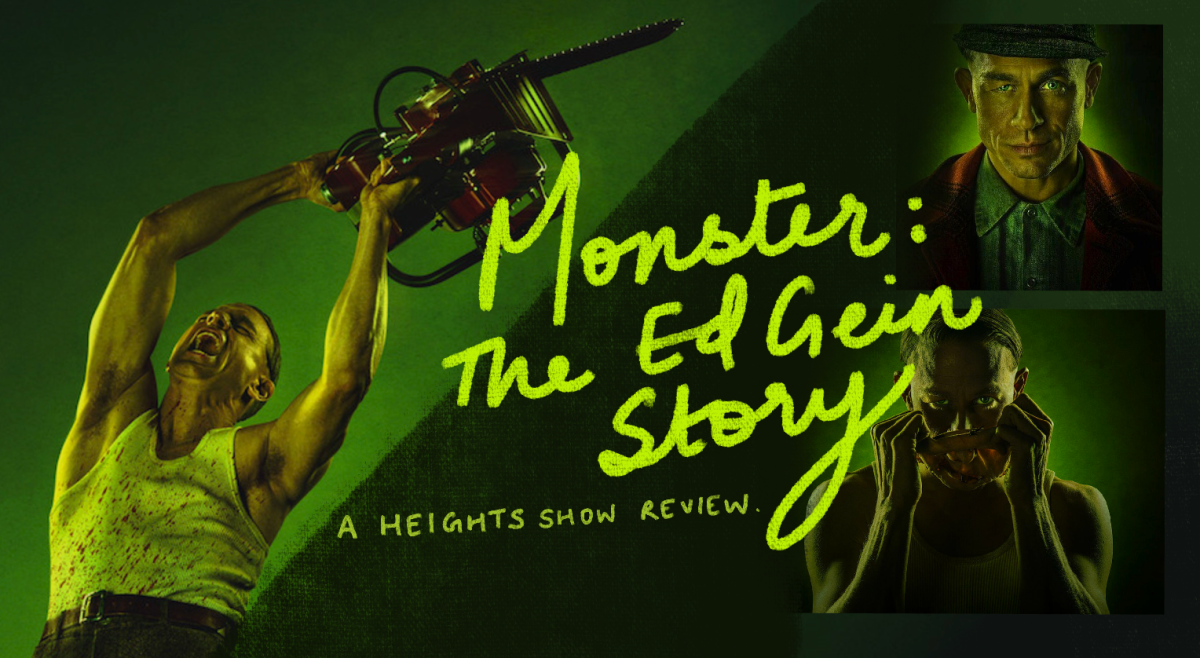


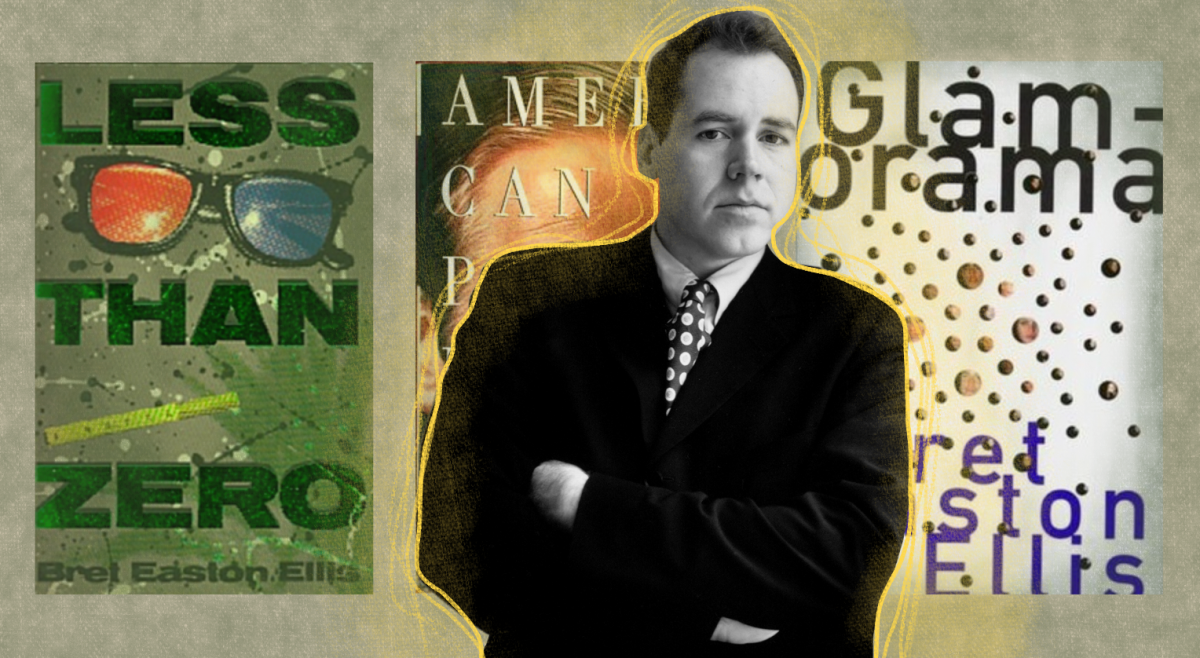
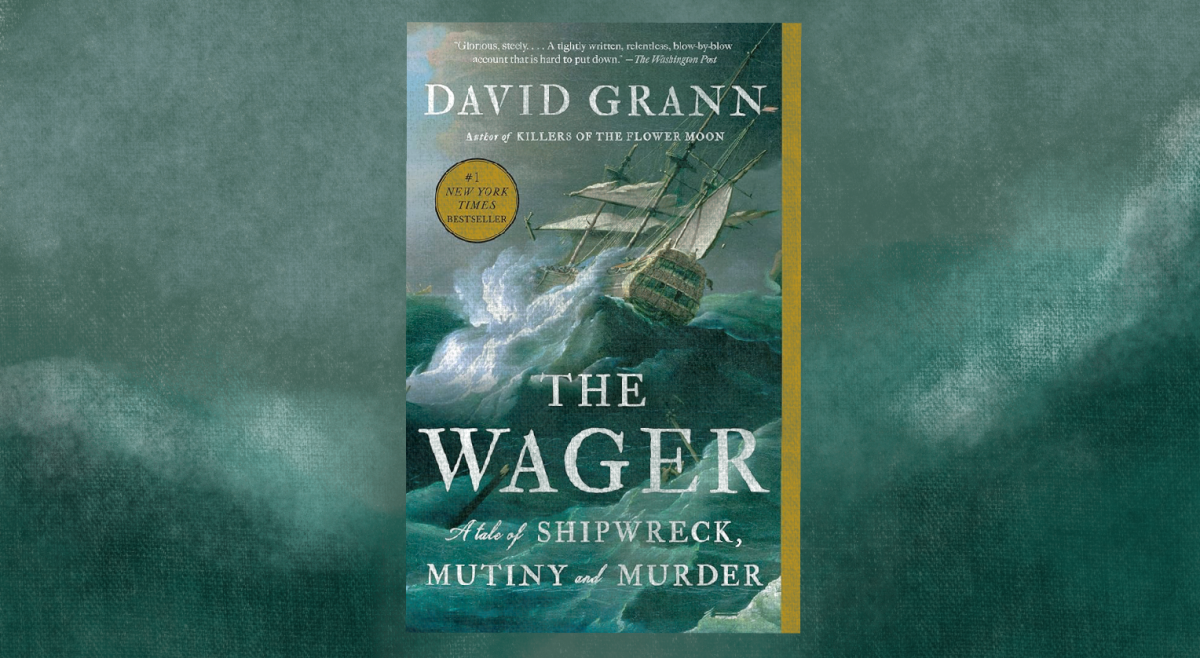
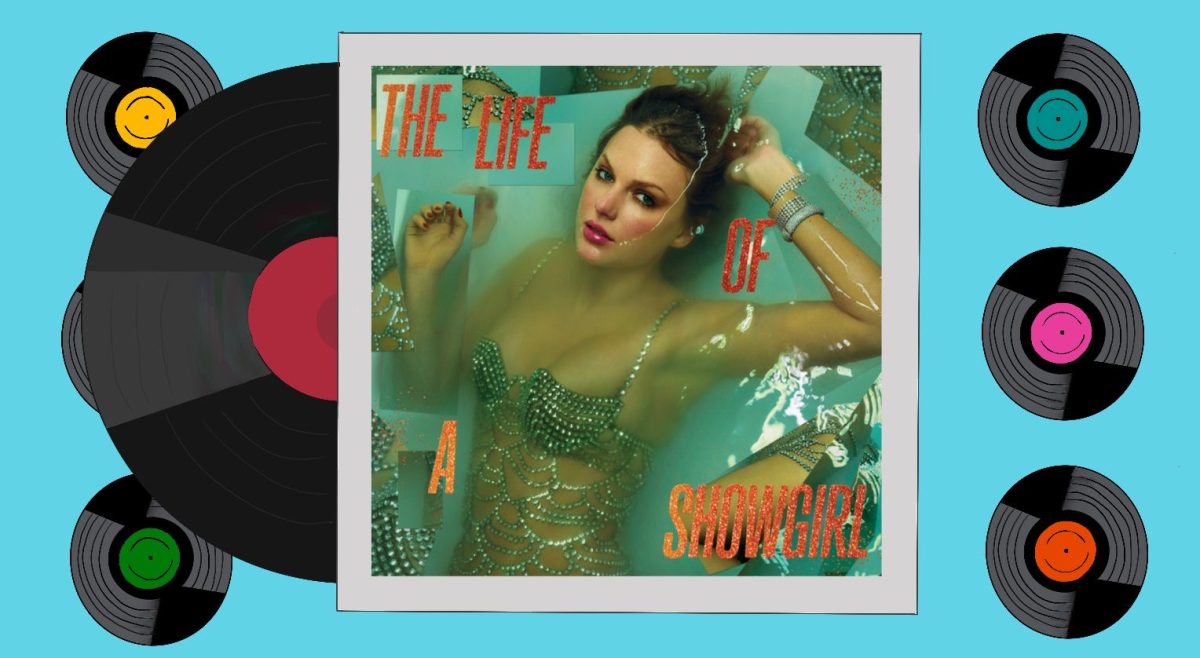
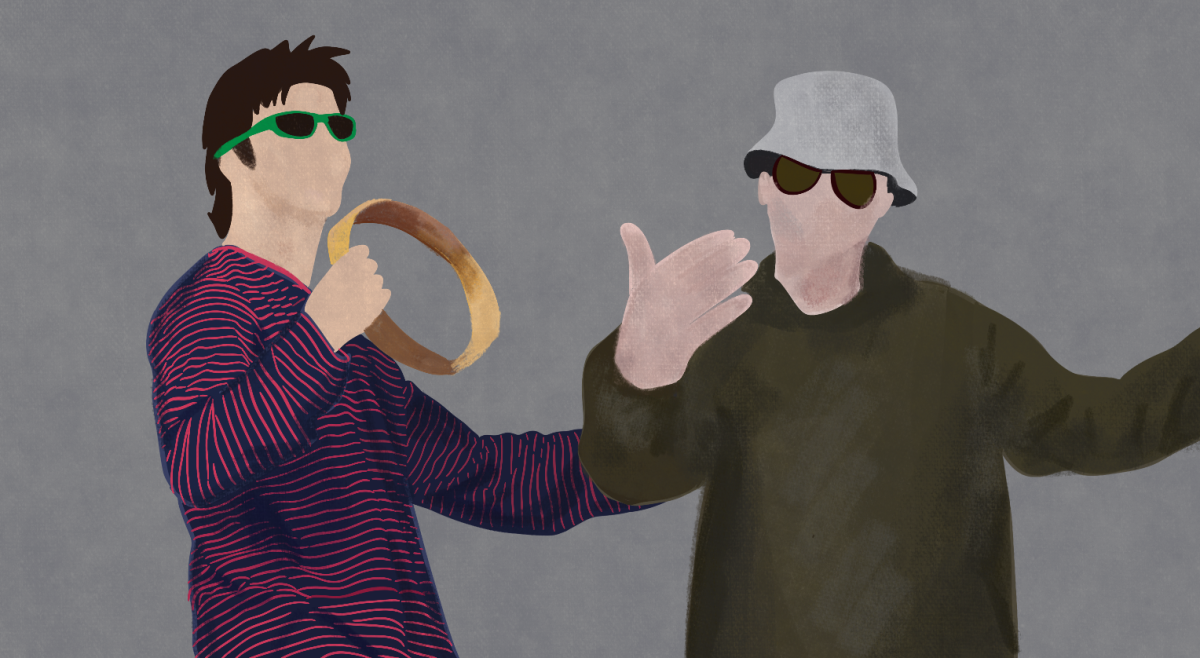
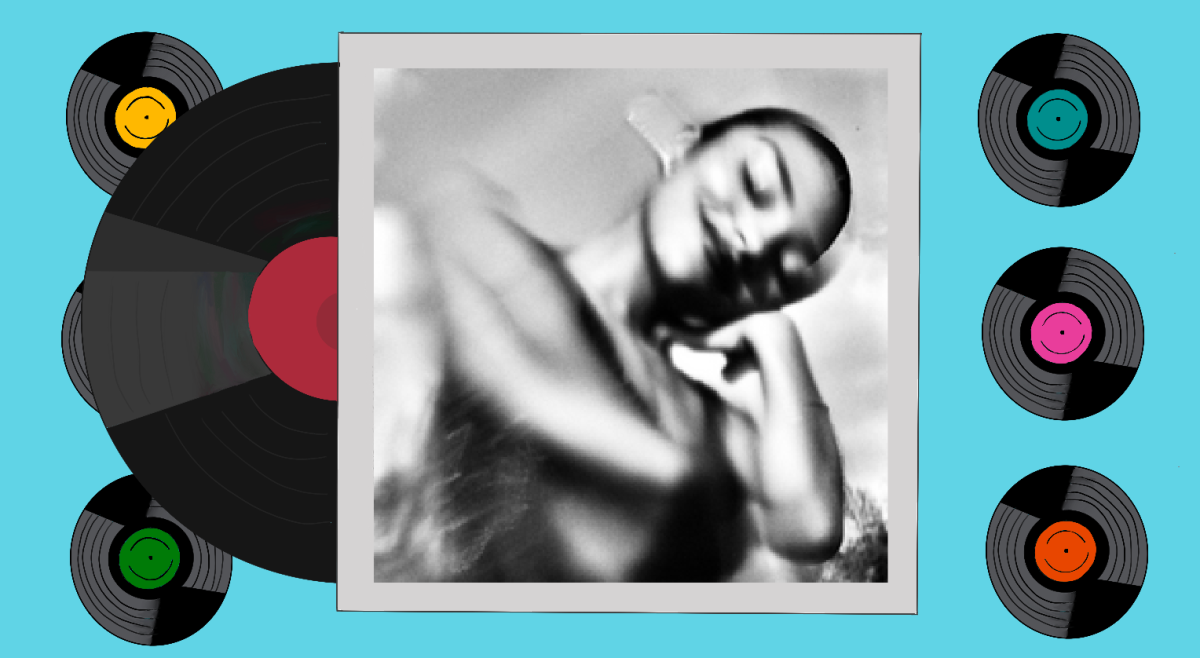
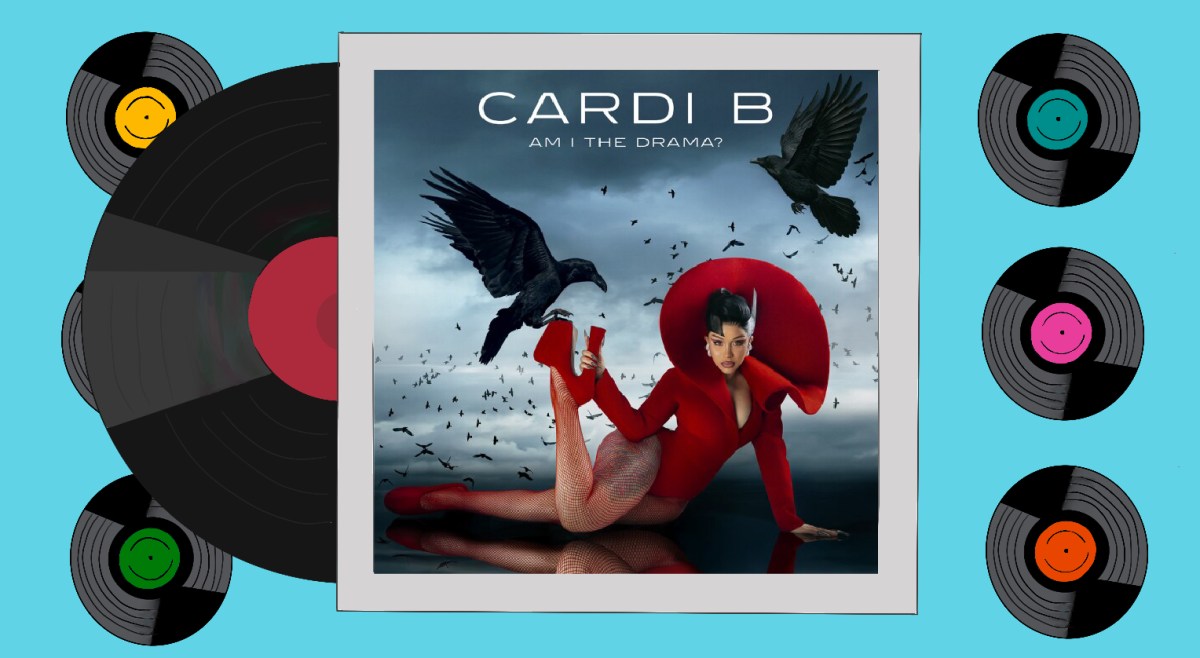
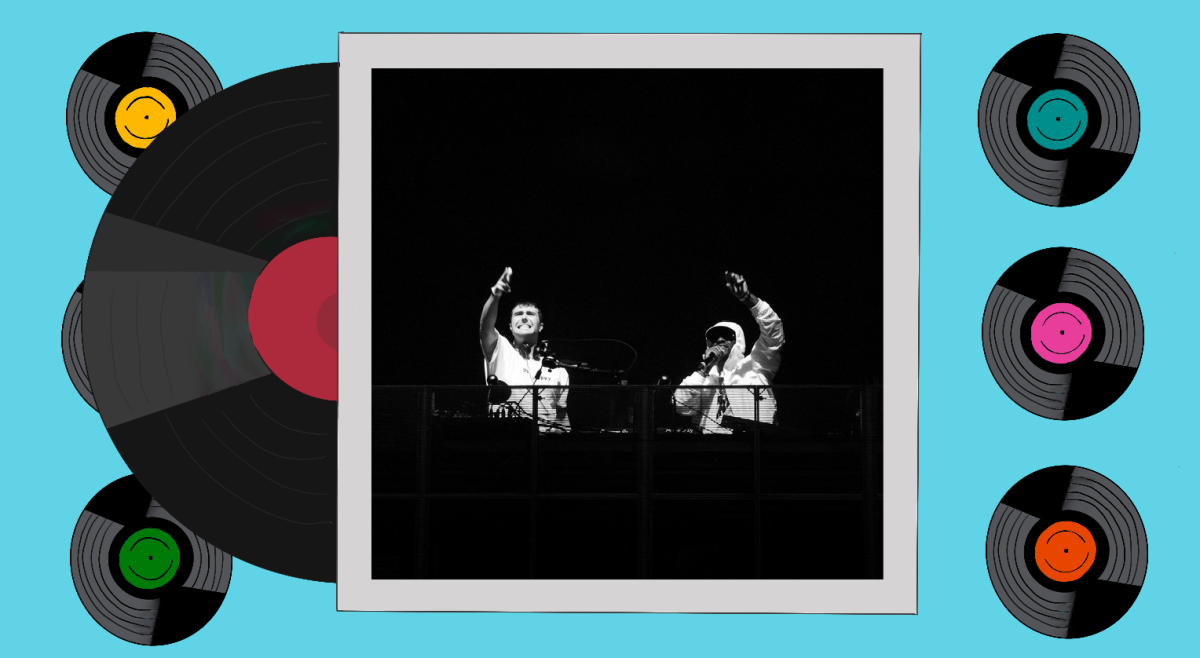


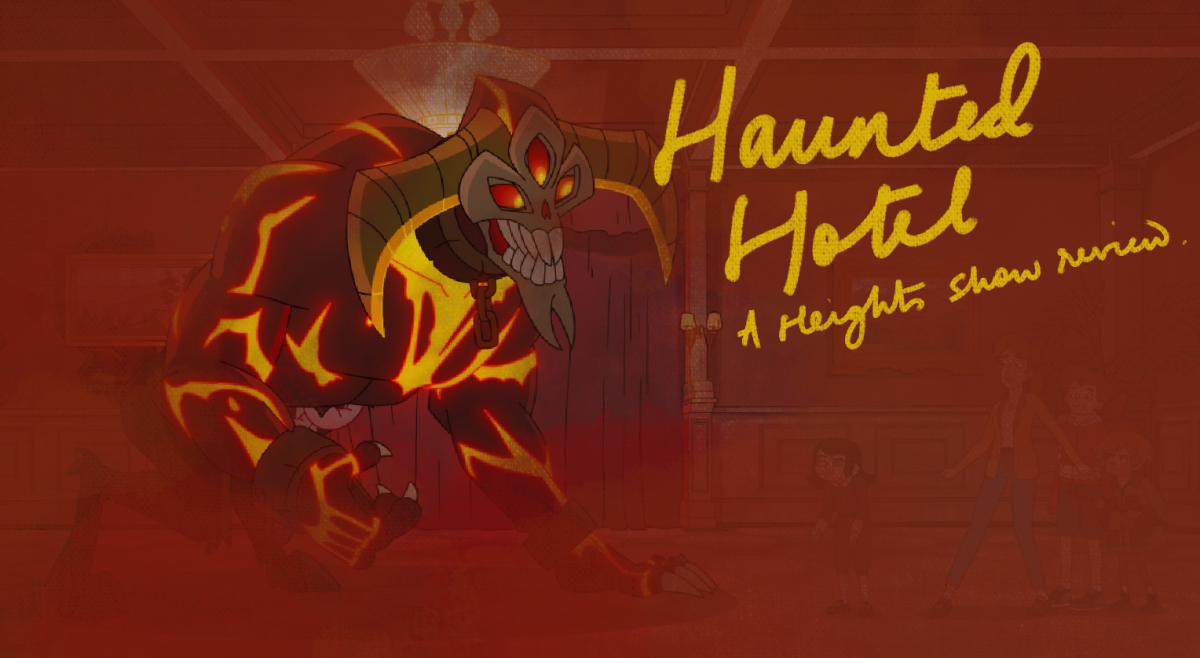
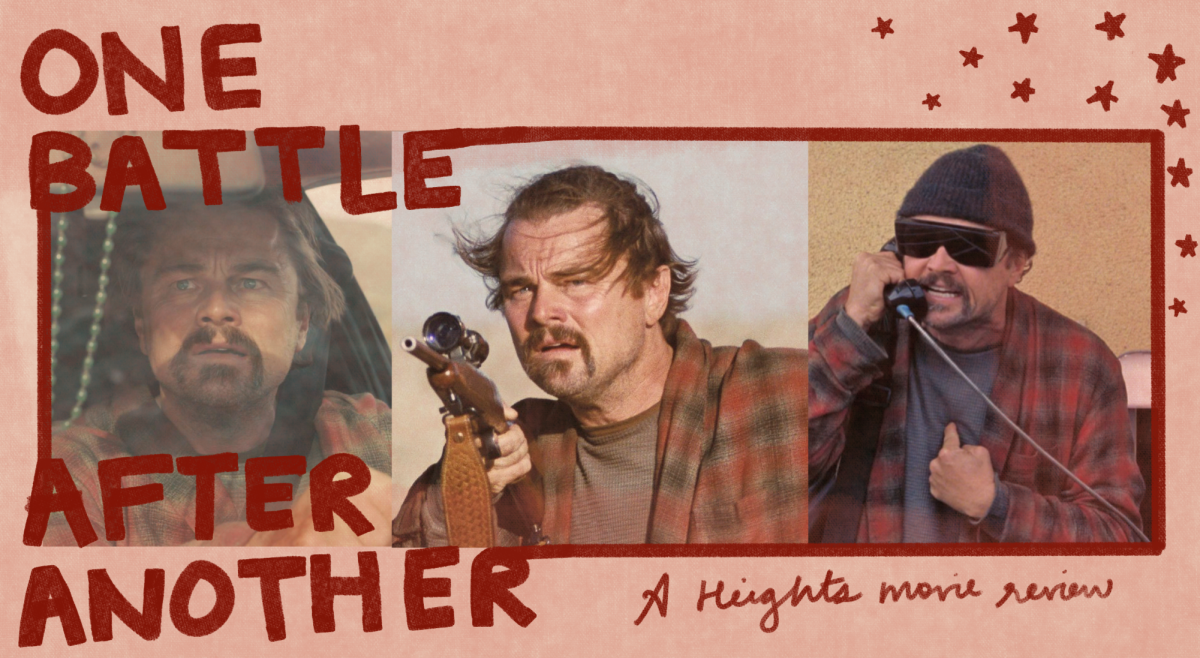
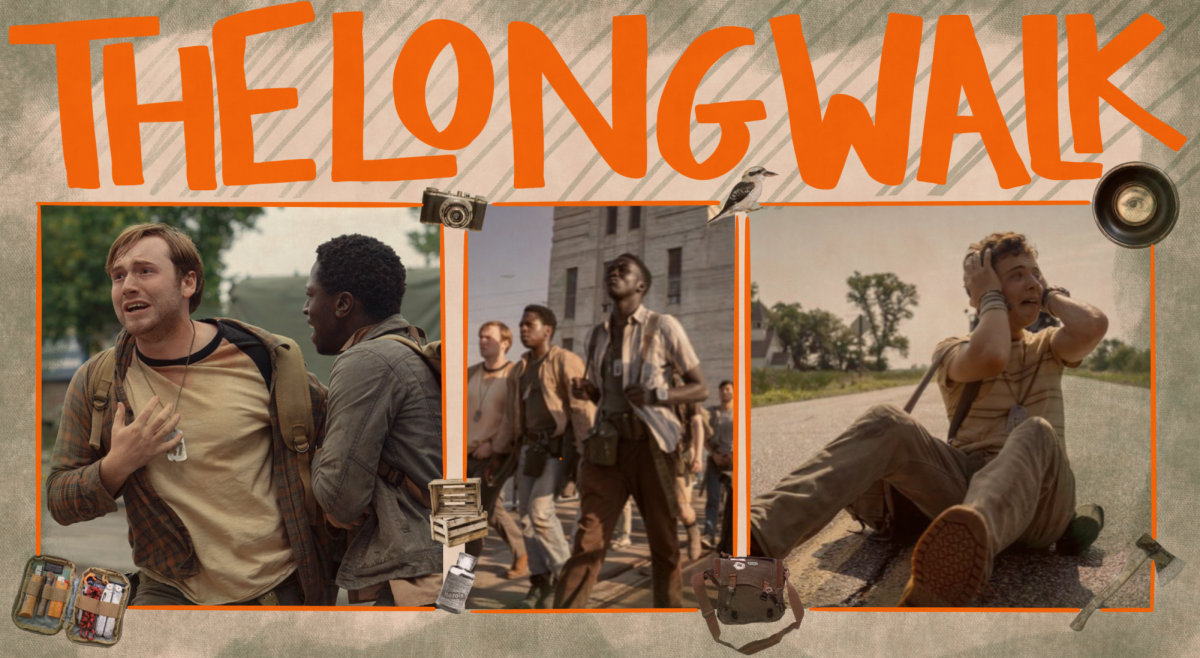

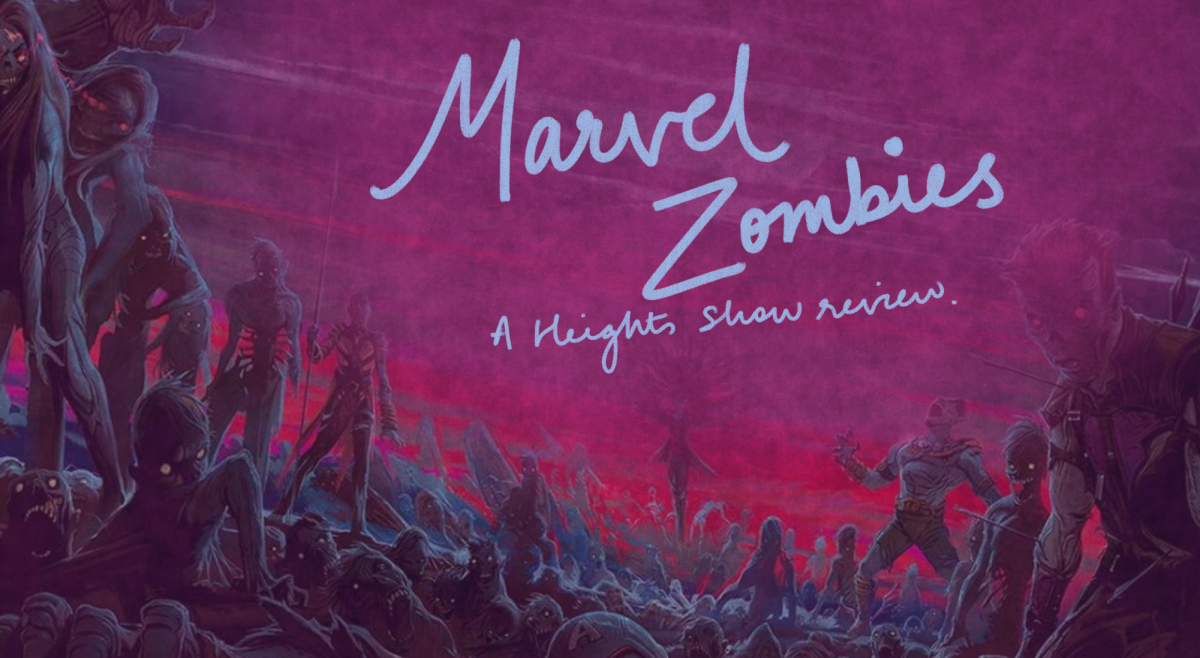
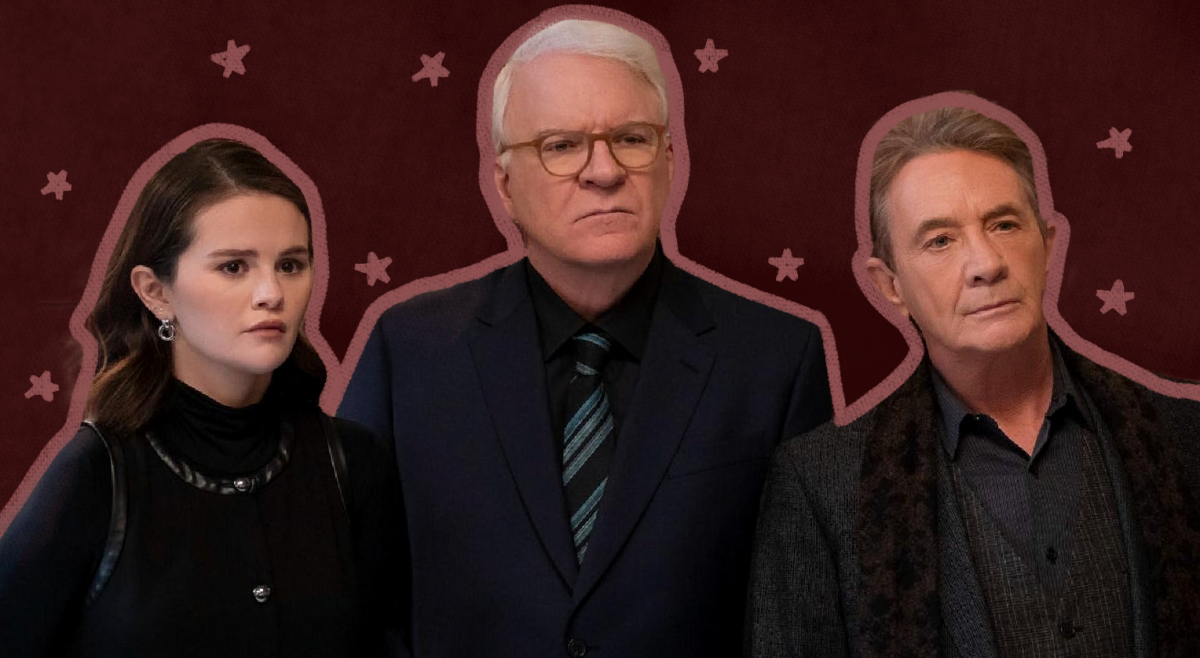
Stephen Frank • Sep 25, 2017 at 9:46 am
This seems more review of the context and not the actual music
Troy Davis • Sep 24, 2017 at 11:54 pm
Ouch. This has to be one of the most convolute and poorly written reviews I have read. If you are going to critique, you have to pick a position and stick to it. Don’t just rape the star system because you feel like an almighty critic. The title says this album lacks structure, but then you say it’s too structured in the fifth paragraph. Like, what? You give the album a one and a half out of five stars, but then admit the album is good for those who are at least looking for 80s pop nostalgia. I mean, this thing can be torn up quicker than Flowers’s garbled lyrics, “Drop kick the same”. Not to mention the grammar errors. I get this is a student article, but show some respect for your own work. For the sake of dignity, I would highly recommend removing this from your site and pretending it didn’t happen. After that, learn how to actually critique and write coherent articles. It’s embarrassing.